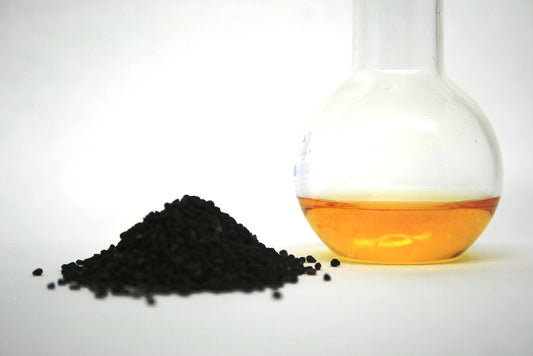Following on from our delicious blog from last week, here at MBCO it would seem we still have food on the brain… I mean, we’re fast heading into September, no more worrying about that ‘summer body’ – so why not?
After putting our delectable kofta curry recipe out to the world, we were led to thinking about the Prophet Muhammad ﷺ and the gifts he received, namely those which came in the form of food. Food was one of the most common gifts people would bequeath to him, and as such it’s become a huge part of our culture and traditions to do so. After all, on a spiritual level, how better to gain favour with God than to provide those you love or those less fortunate with sustenance and strength? On a basic, human level, it makes sense.
When the Messenger of Allah (ﷺ) finished his food, he said: "Praise be to Allah Who has given us food and drink and made us Muslims." Sunan Abi Dawud
So what did the Prophet ﷺ receive, and which foods was he most found to enjoy?
Dates
Dates were an absolute staple when it came to the Prophet’s sweet tooth; the trees upon which they grow are widespread and hardy, meaning there would have been no shortage. Naturally sweet and just full of antioxidants, fibre and potassium, whether he knew it or not, dates would have been providing him with a ton of calories and healthy nourishment – and they are, fundamentally, delish.
Cucumber
Whilst in this day and age we eat cucumber almost solely as a savoury food, it’s no secret that it is actually a fruit. The Prophet ﷺ himself was said to enjoy eating cucumbers and dates together, so perhaps our modern take on it is exactly that – either way, cucumbers have a high water content and are a huge help in warding off dehydration.
The Messenger of Allah (ﷺ) said: The best food of the people of this world and the people of Paradise is meat.’” Sunan Ibn Majah
Meat
Meat has always played a big role in Islam’s history, from giving and receiving to sacrificing. With that said, the Prophet would usually share meat, and was said to never eat his fill on meat alone due to its value.
Gourds
The Prophet ﷺ was often said to be seen specifically picking out and eating pieces of gourd from any meal he was given. Today we’d call it squash; back in the day, it was used for many medicinal purposes including aiding with kidney function, liver issues and heart disease. Nowadays, it’s a nutritious and filling veggie to keep around the house.
The Messenger of Allah (ﷺ) said: “You should take the two that bring healing: honey and the Qur’an.” Sunan Ibn Majah
Honey
Honey is one of the most famed Sunnah foods, and is mentioned throughout both the Quran and Hadith; not only does it have many healing and antioxidant properties, but it’s incredibly diverse and widely used in both sweet and savoury dishes (although it would seem the Prophet ﷺ preferred it as a sweet). It can be added to hot drinks to aid a cold or flu, add some to a cooking sauce for deep flavour, or eat it with yoghurt in the mornings because… Well, it tastes really, really good. What better reason do you need?
“Give each other gifts and you will love each other.” al-Adab al-Mufrad
There are many other significant foods we could talk about, such as garlic, ginger and the good old, humble onion, but those listed above certainly sound as though they were the Prophet’s ﷺ favourite. What are some of yours?



